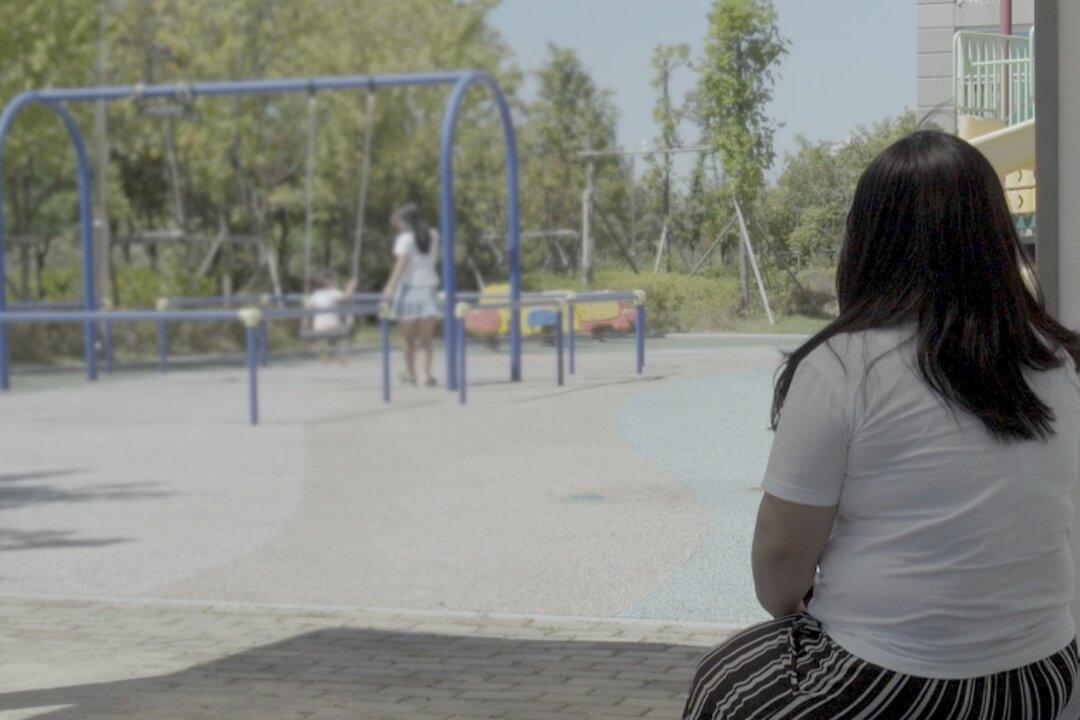The world remains largely unaware of the extent of the many human rights violations that North Korean women face. Abortions forced upon women repatriated from China and demands by guards of bribes from female traders in the form of forced sexual acts or intercourse are some of the many widespread cases of abuse that few recent reports shed light on.
Oh Jung Hee, 40s, a textile merchant from Ryanggang Province, sold clothes in the market stalls in Hyesan city.





